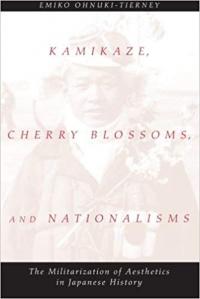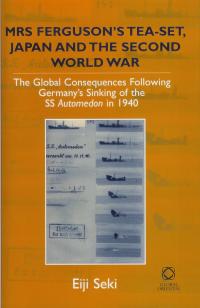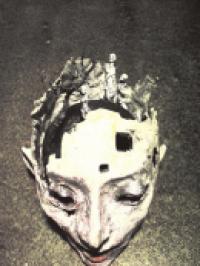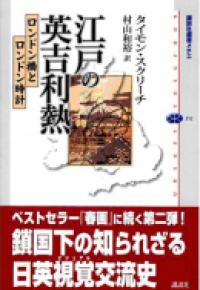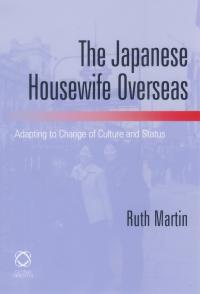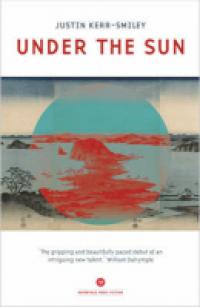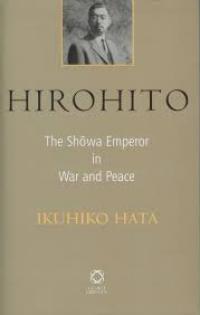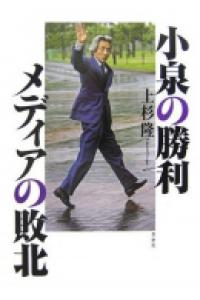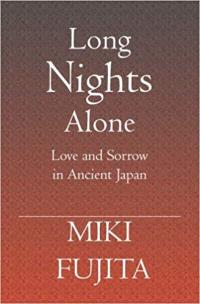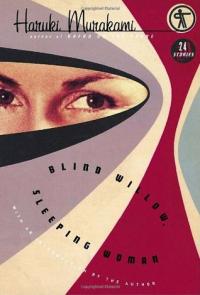The Japan Society Review
The Japan Society Review is an digital publication covering Japan-related books and films, as well as theatre and stage productions, tv series and exhibitions. Published since 2006, it is released now on a quarterly basis and is available online on our website. Its purpose is to inform, entertain and encourage readers to explore the works for themselves.
The Japan Society Review is possible thanks to the work of volunteers who dedicated their time and expertise to help us to promote the learning and understanding of Japanese culture and society.
To become a reviewer, please fill the form here and let us know a little about you, your professional or academic background, your interest, passion or expertise regarding Japan and the type of works you would like to review.
If you have any questions, please contact reviews@japansociety.org.uk.
Books
Kamikaze, Cherry Blossoms, and Nationalisms: The Militarization of Aesthetics in Japanese HistoryBy Emiko Ohnuki-Tierney The University of Chicago Press, 2002. xvii + 411 pages. Review by Professor Ben Ami Shillony (First appeared in Monumenta Nipponica, summer 2003)
Books
Mrs Ferguson’s Tea-Set, Japan and The Second World War(Mrs Ferguson’s Tea-Set, Japan and The Second World War: The Global Consequences Following Germany’s Sinking of the SS Automedon in 1940) By Eiji Seki ISBN 978-1-905246-28-1, pp 187 including plate section, notes, bibliography and index, Global Oriental, 2006, £20 To Japan Society Members when ordered through the society. RRP £35. Review by Sir Hugh Cortazzi
Books
Madmen in the CourtyardBy the Mugensha Theatre Company, inspired by Franz Kafka’s The Knock at the Manor Gate, Director So-un Kotakebayashi Theatro Technis, London, Saturday 7 October to Saturday 21 October 2006 Review by Sean Curtin
Books
Edo No Igirisu Netsu: Rondon-Bashi to Rondon-Dokei(The Image of England in the Edo Period: London Bridge and London Clocks) By Timon Screech, translated by Kazuhiro Murayama Kodansha, Tokyo, 2006, 254 pages, ISBN 4-06-258352-6 Review by Sean Curtin
Books
The Japanese Housewife Overseas: Adapting to Change of Culture and StatusBy Ruth Martin Global Oriental, 2007, 162 pages including index bibliography and endnotes, ISBN 978-1-905246-43-4, £45. Review by Sir Hugh Cortazzi
Books
Preview: Under The SunBy Justin Kerr-Smiley Reportage Press, 2007, 243 Pages, ISBN13: 9780955572937 (Hardback), £16.99p Preview by J. Sean Curtin
Books
Hirohito: The Showa Emperor in War and PeaceBy Ikuhiko Hata, edited by Marius B.Jansen ISBN 978-1-905246-35-9, pages 272 including notes and index, Global Oriental, 2007. Review by Sir Hugh Cortazzi
Books
“Koizumi no Shori, Media no Haiboku” (Victory for Koizumi, Defeat for the Media)By Takashi Uesugi Soshisha, November 2006, 286 pages, 1500 yen Review by Fumiko Halloran
Books
Long Nights AloneBy Miki Fujita BookSurge Publishing, 2006, 268 pages, ISBN: 1419614274 Review by J. Sean Curtin
Books
Blind Willow, Sleeping WomanThis book “Blind Willow, Sleeping Woman” is a collection of twenty-six short stories from the surreal to the mundane, some of which he wrote while staying at a U.S. university after the publication of “Norwegian Wood”.


